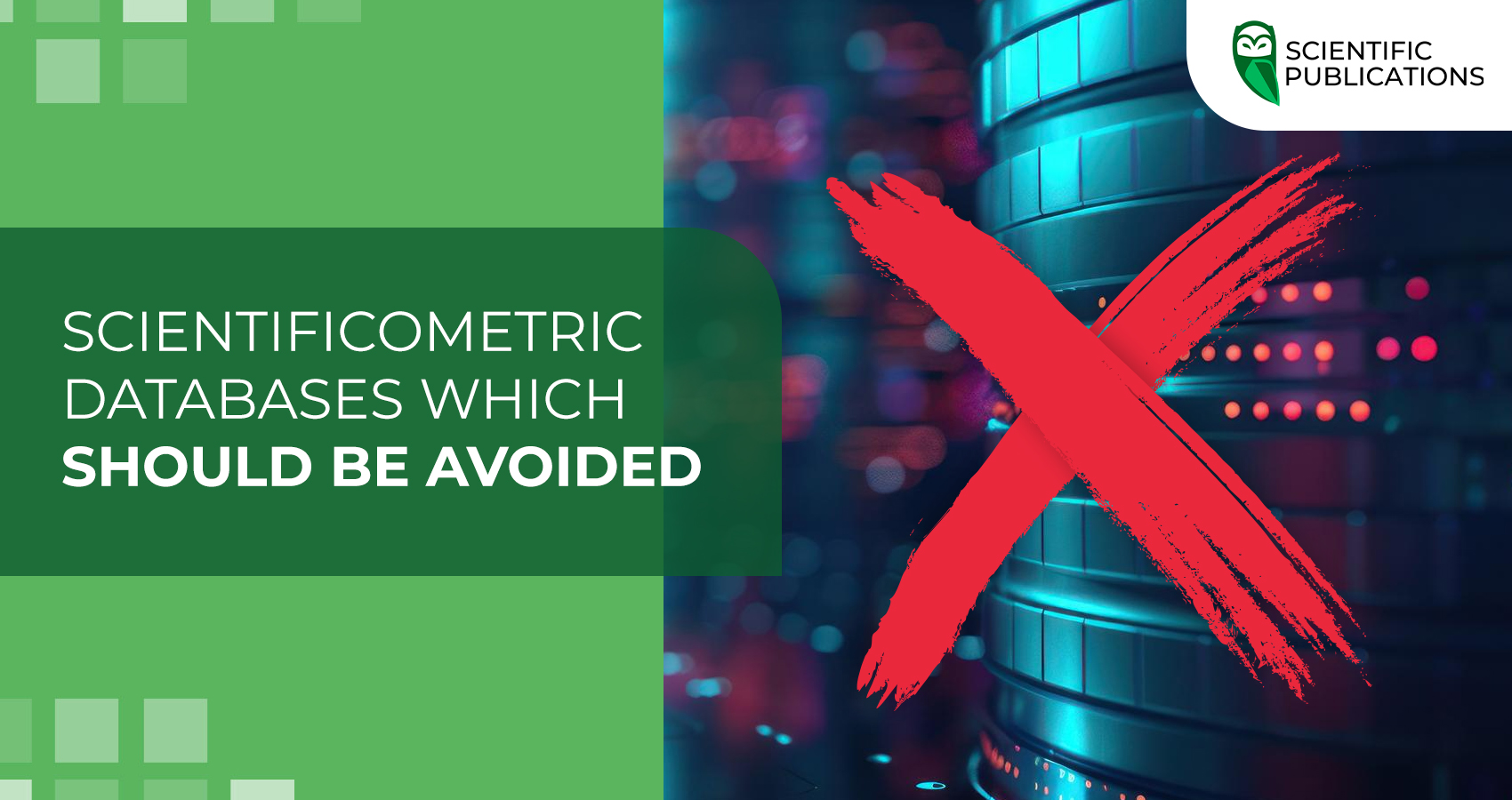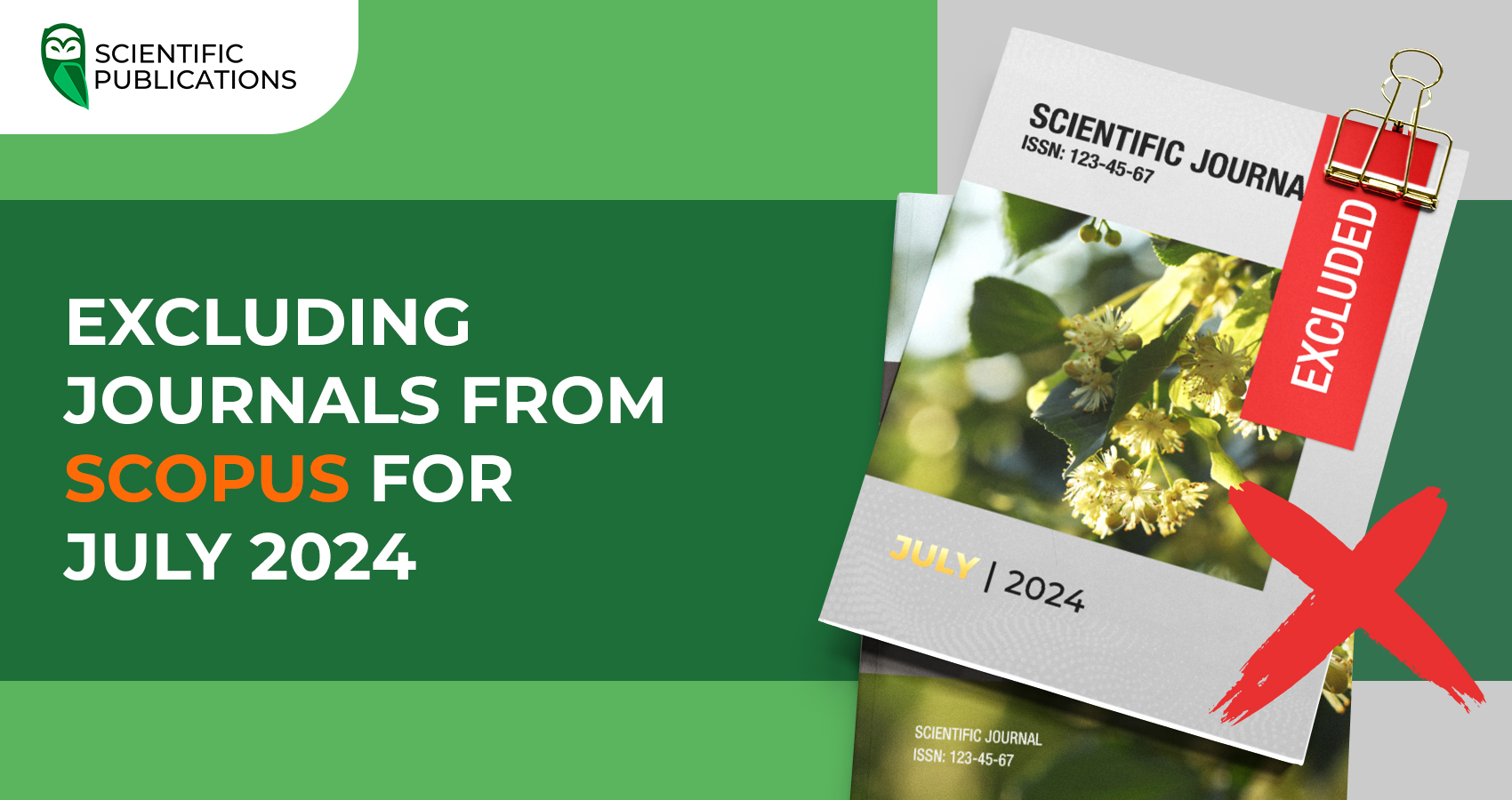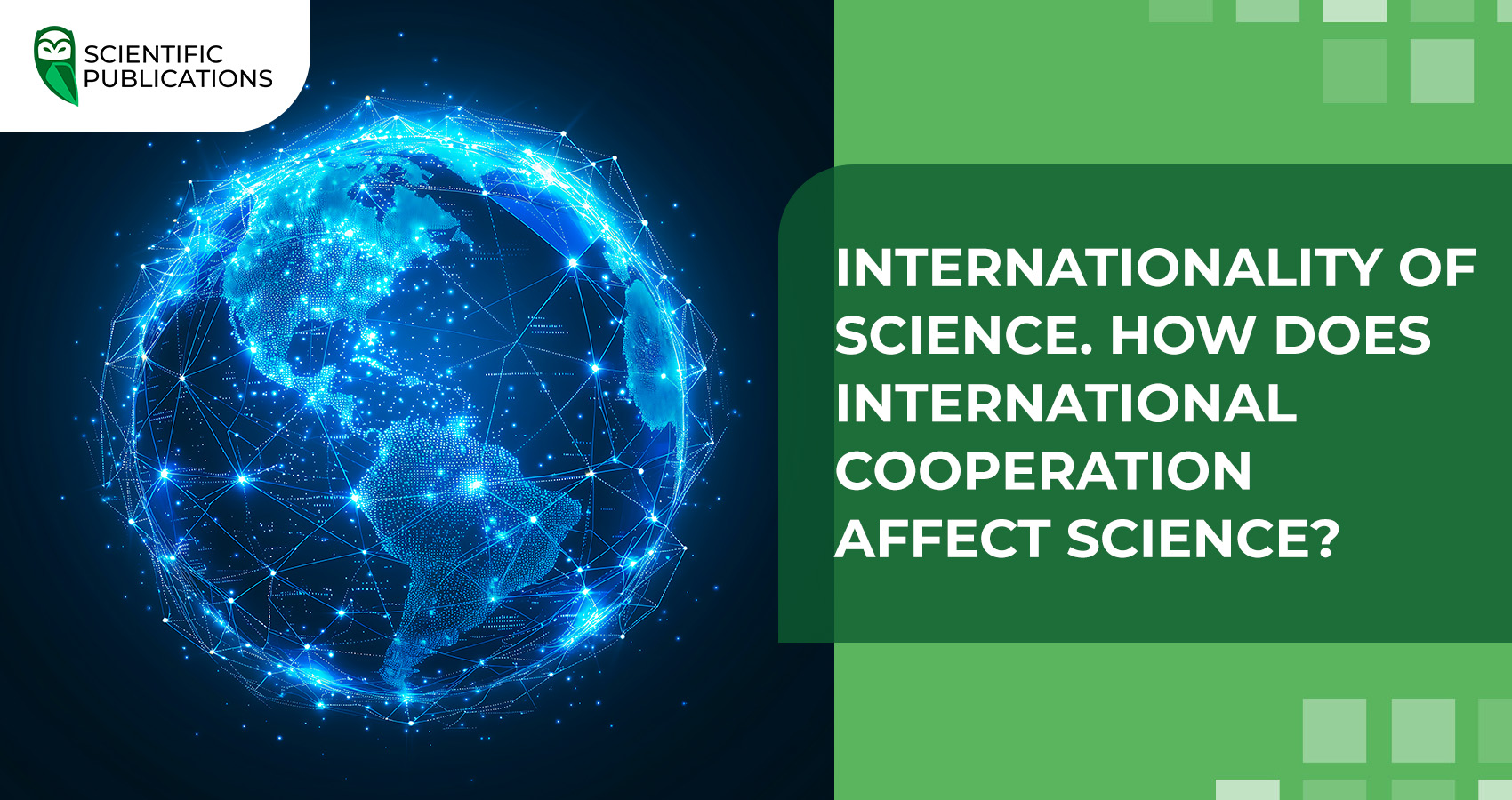There are a large number of scientific databases in the world, both international and national. However, some of them have a bad reputation among scientists and are recommended to be avoided.

One of the most important stages in the career of every researcher and scientist is the publication of their own research. This is necessary for obtaining academic titles and degrees, career development, obtaining grants, passing certification, etc. To do this, you need to choose the right databases, some of which are prescribed by law, and all others are chosen at the discretion of the author. However, not all scientific databases have an impeccable reputation.
Publication in databases with a dubious reputation can have a negative impact on a researcher's career, ranking, and credibility in the scientific community. Today we will analyse one of these databases – the Russian Science Citation Index (RSCI).
Russian Science Citation Index (RSCI)
The Russian Science Citation Index (RSCI) is a national database that indexes scientific publications, mainly Russian and Russian-language publications. The main goal of the RSCI is to increase the visibility and accessibility of scientific papers from Russia. However, the database receives mixed reviews in the academic community.
The Russian Science Citation Index actively indexes Russian scientific journals, which are often not included in international databases such as Scopus or Web of Science. This makes the RSCI an important tool for Russian scientists. From the point of view of national importance, the database is useful for assessing the scientific productivity of Russian researchers and educational institutions.
Criticisms and low reputation of the RSCI
1. Poor quality control. Many experts criticise the RSCI for including journals with a low level of peer review. The database may contain journals that do not provide an adequate level of scientific expertise, which reduces the quality of the publications presented.
2. Limited international reputation. The RSCI is not considered prestigious or authoritative in the international arena, especially in comparison with databases such as Scopus or Web of Science. This makes it difficult to find and cite Russian research papers.
3. Low share of English-language content. The vast majority of articles in the RSCI are published in Russian, which makes them difficult to access for English-speaking audiences.
4. Lack of compliance with international standards. The format and style of articles in Russian journals often do not comply with internationally accepted standards.
5. Low impact factor. Most Russian journals have a low impact factor, which means that their articles are rarely cited in the scientific community.
6. War in Ukraine. Since the outbreak of full-scale war in Ukraine, numerous international scientific organisations and publishers have stopped cooperation with Russia.
Some scientists argue that a significant number of journals presented in the RSCI are of "low quality", as they publish articles for money without proper scientific review or with low quality. Attention is also drawn to the large number of publications of a low scientific level in the RSCI database, which makes it difficult to find truly valuable publications. There is an opinion that the RSCI administration promotes various forms of manipulation of the impact factor indicators.
To publish your own research, choose international databases that are reputable in the scientific community. Publications in international databases, such as Scopus, Web of Science, JSTOR, PubMed, ERIH+, ScienceDirect, and others, provide researchers with numerous benefits. These include increased credibility, expanded scientific audience, improved professional skills, and recognition in the international scientific community.
Do you need to publish in international databases? Contact "Scientific Publications". We offer you high-quality services, as we employ highly qualified specialists. With "Scientific Publications" you get a guaranteed publication. Fill out the form below, and our manager will contact you during the working day.





